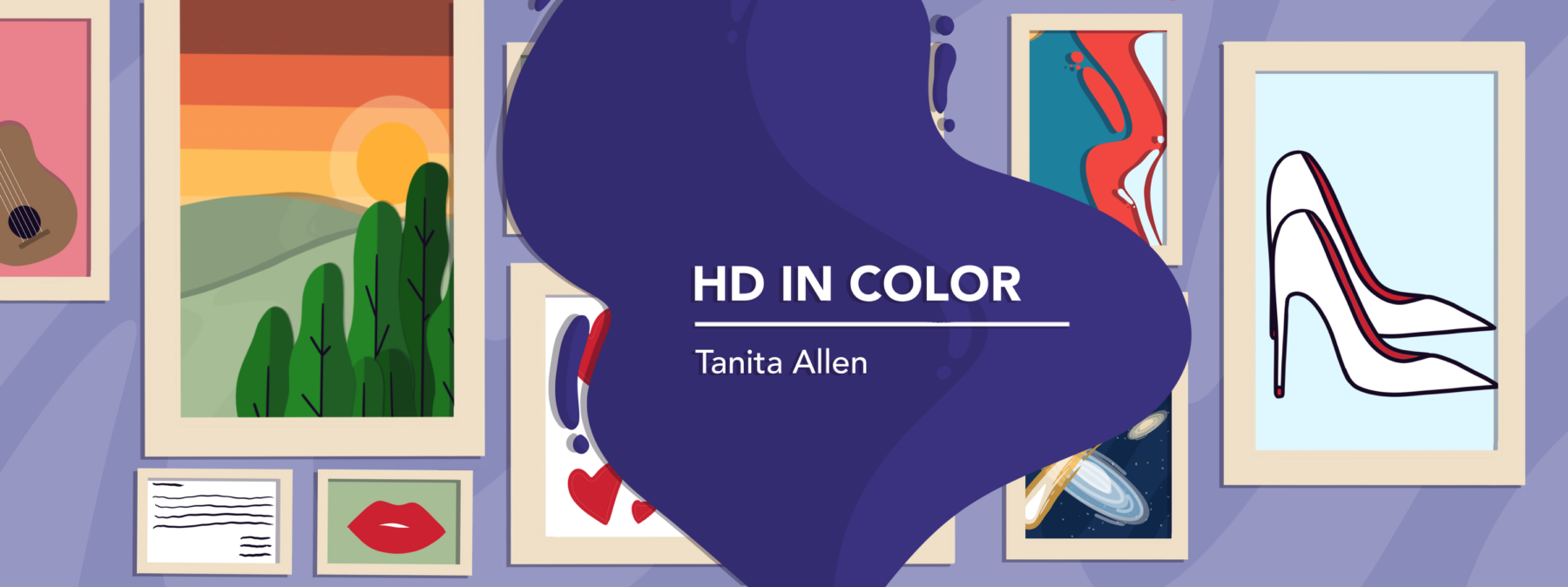The power of storytelling in challenging rare disease stigma
Sharing my story helps to shift perceptions about Huntington's disease
Written by |

When I was diagnosed with Huntington’s disease (HD), I thought the hardest part would be the symptoms: the involuntary movements, the mood changes, the balance issues, the unpredictable fatigue. But I learned quickly that the stigma surrounding a rare disease can weigh just as heavily. The stares, the whispers, the doubts from people who thought I “didn’t look sick enough,” the ones who disappeared after Googling what HD meant for my future — these moments stayed with me.
For years, I kept quiet, thinking silence would protect me from further judgment. But silence leaves room for stereotypes and misinformation to grow. Worse, it can seep into how you see yourself. I began to question whether my symptoms were “valid enough,” whether my story mattered.
Storytelling changed that. Sharing my experiences became a way to reclaim my own narrative and to challenge stigma directly. It wasn’t about rehearsed speeches, it was about honesty. It was saying, “This is who I am, this is what living with HD looks like for me,” and in doing so, I was creating space for others to feel less alone while showing the outside world the reality behind the diagnosis.
Changing perceptions
When I share my story, I don’t just recite medical facts. I talk about the first time my fingers twitched uncontrollably and I hid them in my pocket. I talk about being pulled aside at airport security because my involuntary movements were mistaken for suspicious behavior. I talk about falling in public and choosing whether to explain or simply move on. These moments matter because they bring a rare disease out of the abstract and into lived reality.
Something shifts when people hear your story firsthand. They stop thinking in terms of “those people” and start thinking of you, the neighbor, the student, the advocate. Suddenly, HD isn’t just a clinical description, it’s how I adapt my cooking routine when my coordination is off, how I pace my day around fatigue, how I’ve learned to laugh when I want to cry.
Storytelling also makes space for joy, which stigma often erases. People tend to think only of suffering when they hear “rare disease.” But my life, like anyone’s, is layered. Yes, there are days when my muscles ache, my speech slows, and my diagnosis feels heavy. But there are also moments of peace and pride — watching a sunset over Lake Erie, finishing an adapted workout, laughing with friends. Sharing those moments shows that life with HD is not only about loss; it’s also about resilience and meaning.
Telling my story has also been healing. Putting experiences into words releases some of their weight. It helps me process, name, and place them in context. Instead of holding them as silent burdens, I lay them out where they can be understood. This act of expression helps dismantle the internalized stigma that thrives in secrecy.
Of course, sharing comes with vulnerability. There’s always the risk of ignorance, pity, or dismissal. But more often, the response is connection. People lean in. They ask thoughtful questions. They share their own stories about a relative with a rare illness or a time they were misunderstood because of something outside their control. These exchanges create empathy.
Reducing stigma isn’t about making everyone an expert on HD. It’s about shifting perceptions one person at a time — replacing fear with familiarity, judgment with understanding. Every time I speak to medical students, publish a column, or post online, I’m planting seeds. They may grow slowly, but they have the potential to change how someone treats the next person they meet with a rare condition.
Storytelling also helps reclaim dignity. It reminds both the storyteller and the listener that we are more than a diagnosis. We are whole people with strengths, flaws, and dreams. We are not just surviving; we are adapting, growing, and still finding joy.
Living with HD has taught me that not everyone will understand, but telling my story ensures that misunderstanding doesn’t get the last word. My voice matters. My perspective matters. My lived reality matters. Every time I speak, I make it harder for stigma to survive in silence.
When we tell our stories, we open doors. We invite others to see us not only as people with a rare disease but as people with full, complex lives. And if enough of us keep sharing, we can change the narrative — from pity to respect, from fear to empathy, from stigma to solidarity.
Note: Huntington’s Disease News is strictly a news and information website about the disease. It does not provide medical advice, diagnosis, or treatment. This content is not intended to be a substitute for professional medical advice, diagnosis, or treatment. Always seek the advice of your physician or other qualified health provider with any questions you may have regarding a medical condition. Never disregard professional medical advice or delay in seeking it because of something you have read on this website. The opinions expressed in this column are not those of Huntington’s Disease News or its parent company, Bionews, and are intended to spark discussion about issues pertaining to Huntington’s disease.




Leave a comment
Fill in the required fields to post. Your email address will not be published.